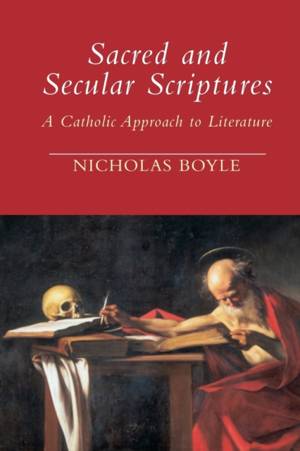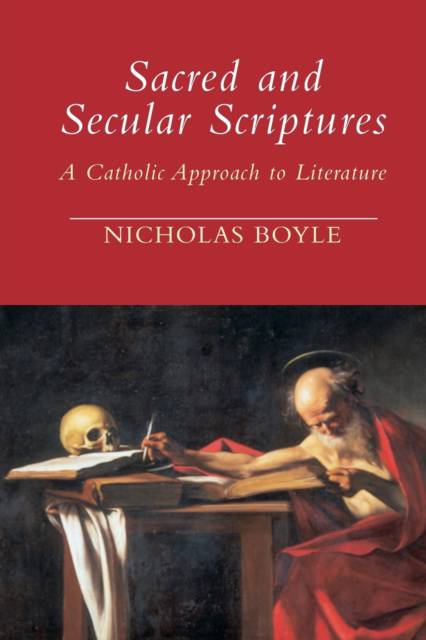
- Retrait gratuit dans votre magasin Club
- 7.000.000 titres dans notre catalogue
- Payer en toute sécurité
- Toujours un magasin près de chez vous
- Retrait gratuit dans votre magasin Club
- 7.000.0000 titres dans notre catalogue
- Payer en toute sécurité
- Toujours un magasin près de chez vous
Description
Nicholas Boyle's latest work begins with an observation--from theologian and medievalist Father Marie-Dominique Chenu, O.P.--that the Bible should be seen as a divinely ordained mediation between human culture and divine truth. But how far can we say that the Bible is 'literature'? Chenu is surely right that God is revealed in Scripture not through a system of ideas, but through a vivid historical narrative of people and places. But the Bible is also a sacred book. Expanding on this central dilemma, Boyle demonstrates that biblical scholarship and literary criticism must work together in the largely neglected task of integrating theology and modern secular culture.
Boyle explores two lines of thought. In the first series of essays, he discusses a range of writers, primarily philosophers and theologians, who have treated the Bible as literature as a means of reconciling the sacred and the secular. In the second series, Boyle moves to the theme of literature as Bible, seeking a Catholic way of reading secular literature.
These sophisticated and learned essays--drawn from the Erasmus Lectures Boyle delivered at the University of Notre Dame in 2003--cover a remarkable range of philosophers, theologians, and writers, including Herder, Schleiermacher, Hegel, Lévinas, Goethe, Austen, Melville, and Tolkien. This volume will reward its reader with penetrating, and often brilliant, insights.
Spécifications
Parties prenantes
- Auteur(s) :
- Editeur:
Contenu
- Nombre de pages :
- 312
- Langue:
- Anglais
- Collection :
Caractéristiques
- EAN:
- 9780268021801
- Date de parution :
- 01-04-04
- Format:
- Livre broché
- Format numérique:
- Trade paperback (VS)
- Dimensions :
- 168 mm x 227 mm
- Poids :
- 462 g

Les avis
Nous publions uniquement les avis qui respectent les conditions requises. Consultez nos conditions pour les avis.






